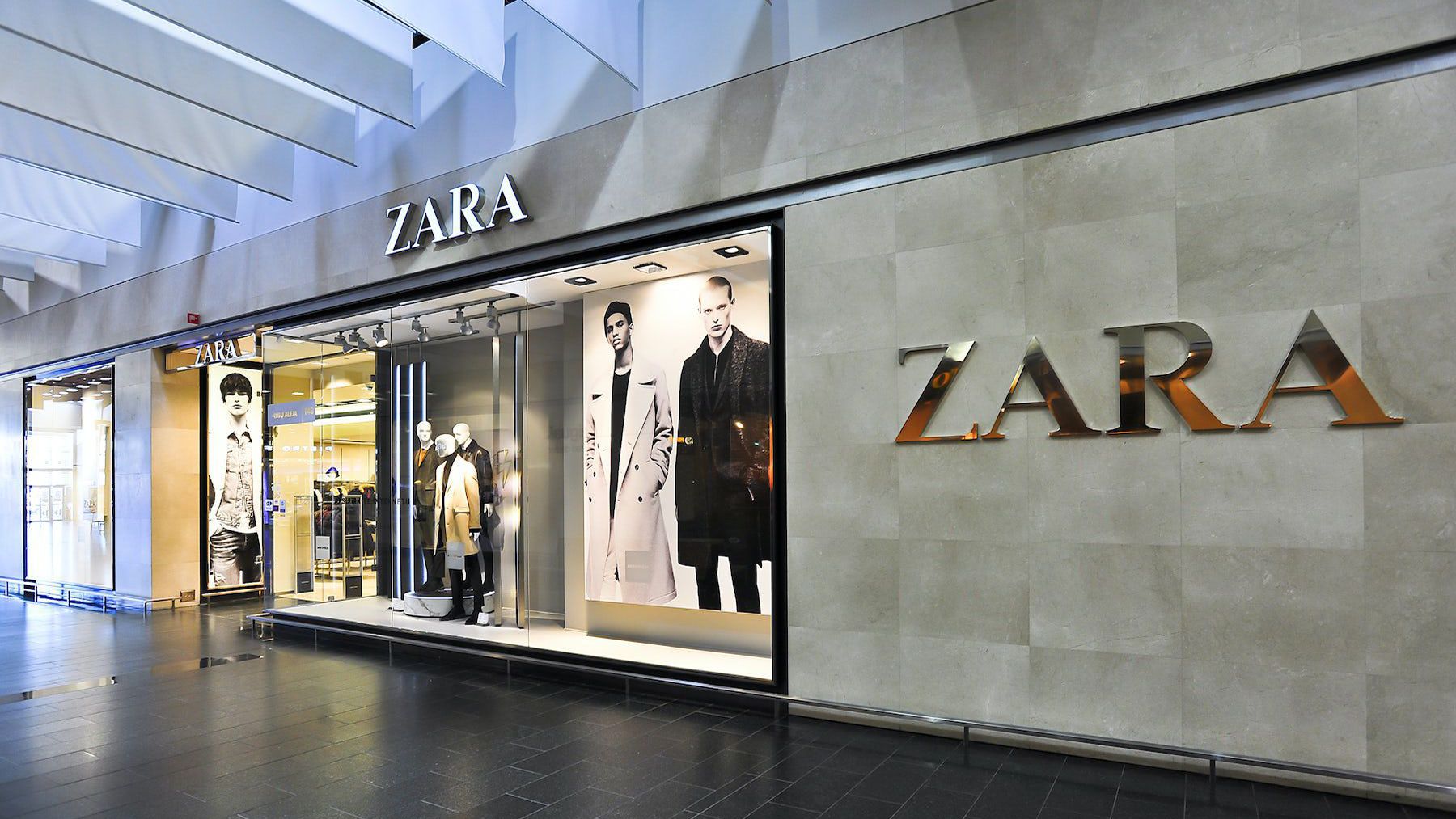
Zara owner Inditex posted a 24 percent increase in net profit for the first nine months of its fiscal year, as price rises helped offset weakening global demand for clothing.
The world’s biggest fashion retailer’s store and online sales rose 19 percent from a year ago, slightly faster than analysts had expected. Price rises of 5 percent or more across some ranges since the spring helped drive sales, analysts said.
The company, whose brands also include Massimo Dutti and Bershka, said its net profit rose to €3.1 billion ($3.3 billion) from €2.5 billion a year ago during the first nine months of the year.
Net profit for the quarter was up 6 percent to €1.3 billion, in line with market forecasts according to IBES data from Refinitiv.
Shares in Inditex were up 2.8 percent at 12:30 GMT.
The company has outperformed some rivals since Marta Ortega, the daughter of founder-owner Amancio Ortega, took the helm as non-executive chair in April.
“The sales outperformance may reflect the quality of the product design and offering as well as the more attractive price point compared to peers as price increases appear to be less than the wider market,” Deutsche Bank analyst Adam Cochrane said.
Inditex has recently been offering more “high fashion” Zara pieces designed for special occasions. The approach has allowed it to sell higher-priced items and attract shoppers from the luxury segment of the market, according to analysts.
Speaking to analysts on a conference call, Inditex chief executive Garcia Maceiras cited a strong performance in the United States and said the company was confident about its prospects in China in the medium- and long-term.
Sales increased 11 percent during the third quarter, a slower pace than in previous months, reflecting a weakening consumer environment. The company’s second-quarter sales had increased 16 percent from the same period a year ago.
The fashion giant said its sales between the start of November and Dec. 8 increased 12 percent from a year ago. Sales were positive in all geographic areas, it added.
H&M, which has struggled to compete with its bigger rival Zara, will report results on Thursday.
Analysts expect Inditex to have to deal with more cost increases over the coming months, including pressure from workers for higher salaries.
About 1,000 shop assistants who work at Zara and its other fashion brands went on strike during Black Friday in La Coruna, the company’s home town in northern Spain, to demand better salaries, while others protested in Madrid a day before.
Those workers are planning to strike again the day before Christmas and in early January after rejecting the wage increase offered by Inditex until 2024. Two major local unions agreed upon the new salary proposal.
H&M this month became the first big European retailer to start laying off staff in response to surging inflation and soaring costs related to the war in Ukraine.
Inditex said temporarily accelerated inventory inflows to avoid supply chain snags are 15 percent higher than a year ago.
It expects its online purchases to be 30 percent of its total sales by 2024.
The company will also extend a platform to repair, resale and donate Zara clothes launched in UK in November to other core markets next year, Maceiras said.
By Corina Pons; Editors: Inti Landauro and Matt Scuffham
Learn more:
Zara Owner Inditex Sales Rebound to Top Pre-Pandemic Levels
Fashion brand Zara owner Inditex rebounded with an €850 million second-quarter profit as sales topped pre-pandemic levels, outshining Swedish rival H&M.


